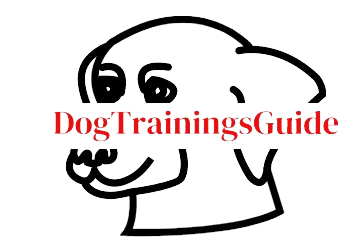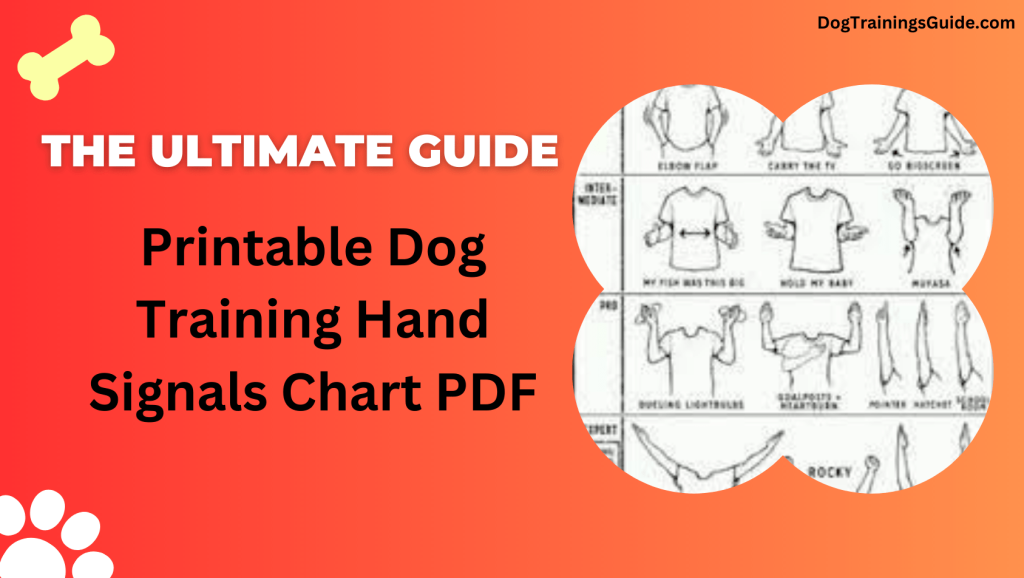The Ultimate Guide to Printable Dog Training Hand Signals Chart PDF
Welcome to our comprehensive guide on printable dog training hand signals! At [YourCompany Name], we understand the importance of effective communication in dog training, and that’s why we’ve created this detailed guide to help you master the art of using hand signals to train your furry companion. In this guide, we’ll cover everything you need to know about printable dog training hand signals and provide you with a downloadable PDF chart that you can use as a handy reference.
Understanding the Power of Hand Signals in Dog Training
Communication is key when it comes to training your dog, and while verbal commands are important, incorporating hand signals can take your training efforts to a whole new level. Dogs are incredibly perceptive to visual cues, and using hand signals alongside verbal commands can enhance their understanding and response.

Benefits of Using Printable Dog Training Hand Signals Chart PDF
1. Clear Communication
Using a printable dog training hand signals chart PDF allows you to have a clear visual reference of the signals you’ll be using. This clarity ensures that you’re consistent in your training, reducing any confusion for your furry friend.
2. No Language Barrier
Dogs don’t understand human languages, but they can quickly grasp visual cues. Hand signals bridge the language gap, making it easier for your dog to comprehend your expectations.
3. Distraction Management
In environments with various distractions, it can be challenging for your dog to focus solely on your voice. Incorporating hand signals provides an additional anchor for your dog’s attention.
Mastering the Key Hand Signals
In this section, we’ll delve into some essential hand signals that you can incorporate into your dog training routine:
1. Sit
To teach your dog to sit, hold your hand up with your palm facing outward. Make sure your fingers are together and pointing upward. This gesture signifies “sit” to your dog. Practice this gesture consistently while saying the verbal command “sit.” Once your dog associates the hand signal with the command, reward them with a treat and praise.
2. Stay
For the “stay” command, extend your arm out in front of you, with your palm facing your dog. Keep your hand flat and parallel to the ground. This hand signal communicates that your dog should remain in place. Gradually increase the distance and duration of the stay as your dog becomes more accustomed to the signal.
3. Come
To call your dog to you, extend your arm out to the side, pointing toward the ground. Wave your hand in a beckoning motion while saying the command “come.” This hand signal encourages your dog to approach you promptly.
4. Down
For the “down” command, extend your arm downward toward the ground, palm facing the floor. Move your hand in a sweeping motion, indicating that your dog should lie down. Be patient during the training process, and remember to reward your dog for correct responses.
Conclusion
Incorporating printable dog training hand signals into your training regimen can revolutionize the way you communicate with your canine companion. The combination of visual cues and verbal commands creates a well-rounded approach to training, fostering a stronger bond between you and your furry friend. Remember, consistency and patience are key when teaching new signals. With dedication and the right resources, you’ll be amazed at the progress you and your dog can achieve together.
if you want more explore then visit here




